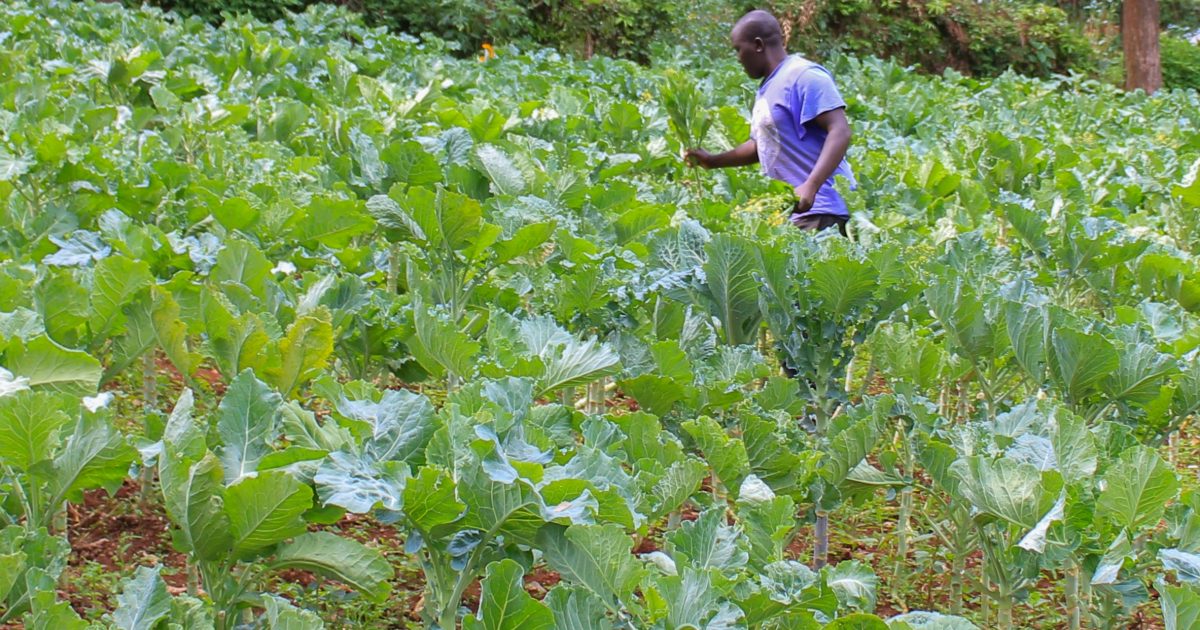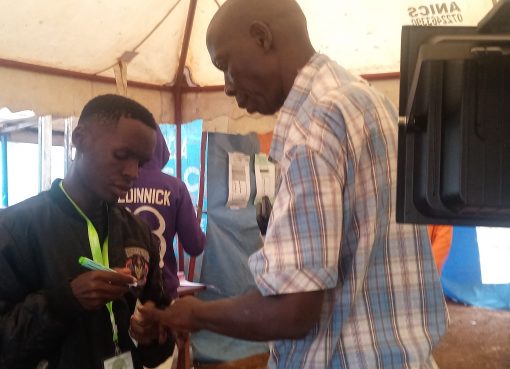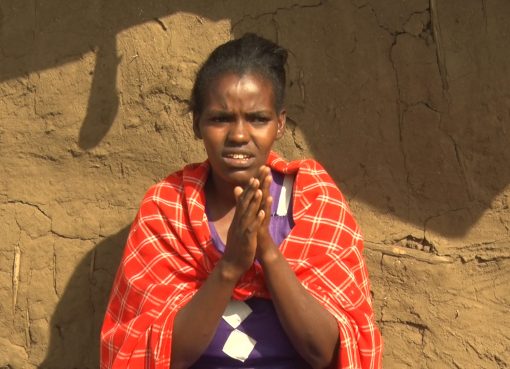A small-scale farmer in Kisii County has embraced a fast-maturing variety of vegetables on his farm in a bid to boost the supply of the commodity in the region and generate income.
Speaking to KNA at his farm, Henry Ondari a farmer said that he started vegetable farming in 2003, by planting the Collard kales variety because it takes 45 days to mature after transplanting, adding that the leaves remain fresh up to three days when harvested.
Ondari noted that he decided to plant the Collard kales variety because they are leafy and a farmer can pick continuously adding that the leaves do not turn yellow easily when stored after harvesting as compared to other varieties.
“I attended some training at the Agricultural Training Centre (ATC) to get more farming knowledge and skills that I applied on my farm to boost my yields and generate more income,” he added.
He said that he used to plant tomatoes, but shifted to kales when he made losses due to hailstones that destroyed them saying the lack of a steady market also forced him to start vegetable farming because tomatoes were highly perishable.
Ondari added that he used artificial fertilizer during planting, and started using organic manure from his poultry and cows to keep adding nutrients to the vegetables and enhance productivity.
“I normally harvest up to nine sacks of kales from my half-acre farm. I transport them to Daraja Mbili Market in Kisii town where I sell them at Sh1, 500 per 70 kg sack,” said Ondari.
He stated that the price of a 70kg sack of kales varies depending on the demand at the market costs Sh1, 000 per sack when schools are closed since they are his major customers.
The farmer noted that the income he generated from the sale of his produce, enabled him to educate his children, sort out house expenses and buy feed for his poultry, saying farming was his only source of income.
Ondari pointed out climate change and diseases as his major challenges saying he counted losses during hot temperatures as his plants wilted and dried up leading to reduced yields.
By Augustine Mosioma




